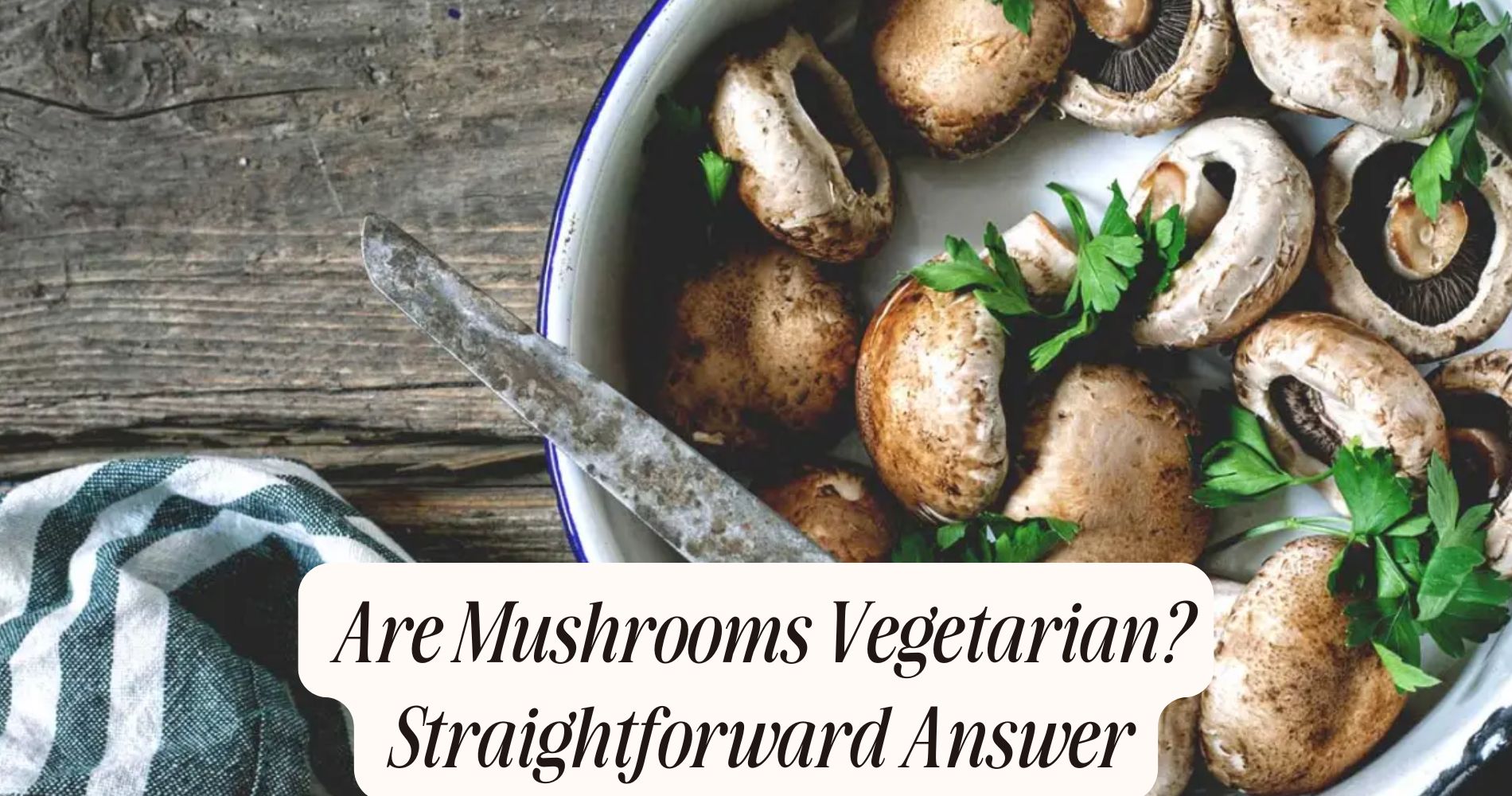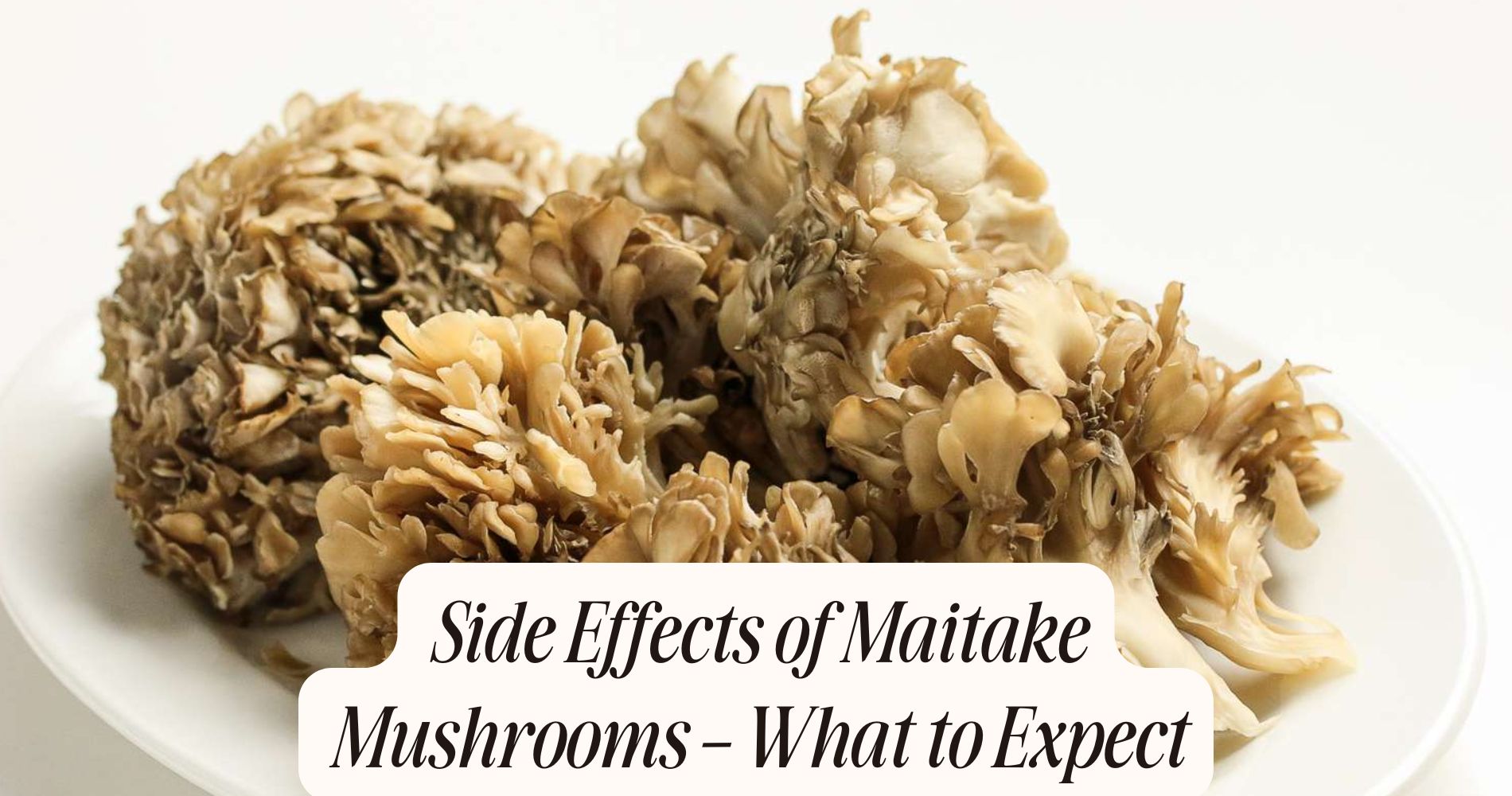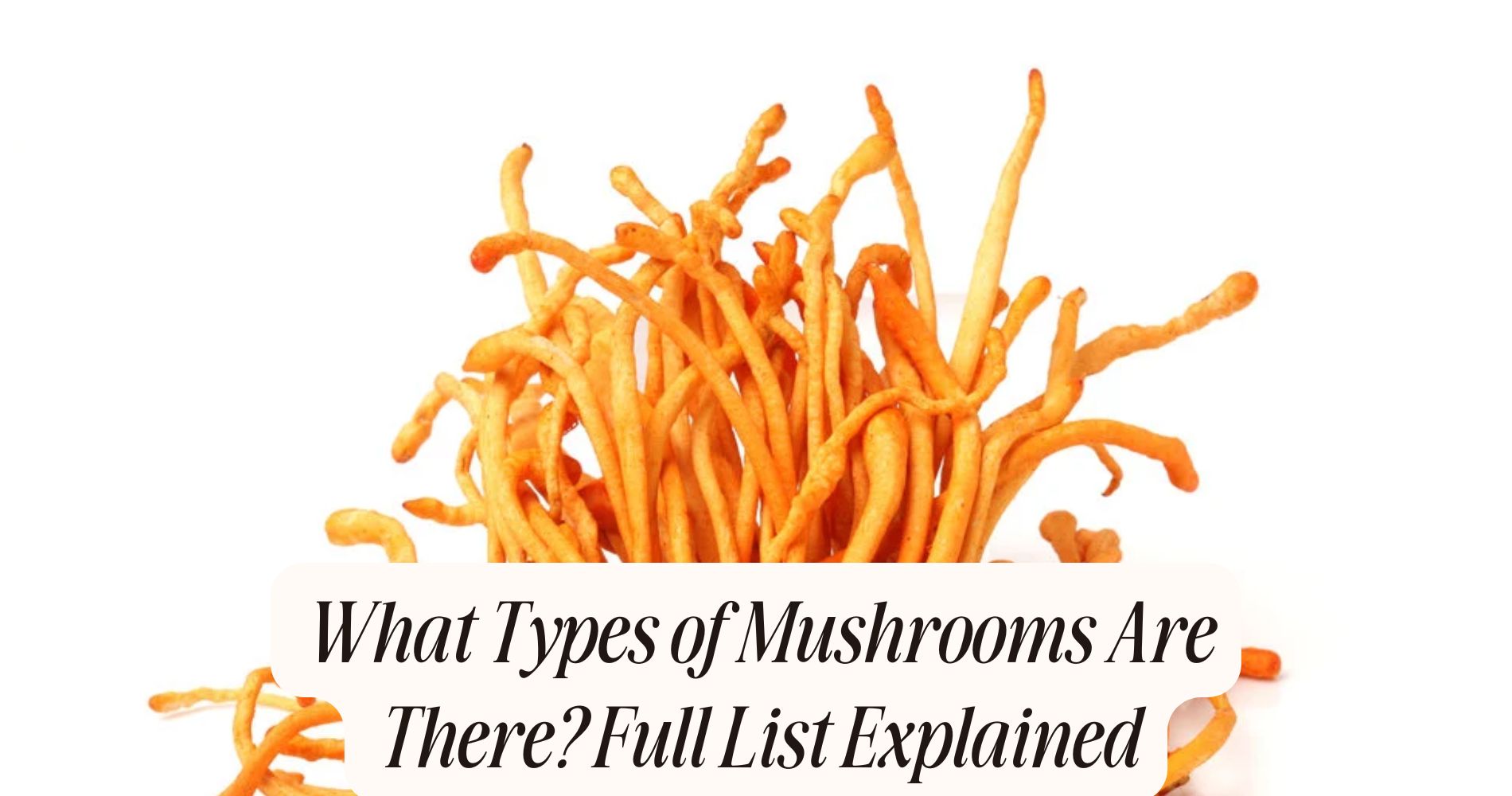
Are Mushrooms Vegetarian? Straightforward Answer
Are mushrooms vegetarian? Yes, mushrooms are vegetarian. Since they're classified as fungi—not animals or plants—they contain no animal flesh and don't conflict with vegetarian principles. You can safely add mushrooms to your vegetarian meals, as they're harvested without harming animals and provide valuable nutrients like B vitamins and selenium. Many people use mushrooms as a meat substitute because of their texture and flavor. If you're curious about misconceptions, nutritional value, or ways to use mushrooms in your diet, there's more to explore.
Understanding Mushrooms: Plant, Fungi, or Something Else?
Although mushrooms often appear alongside vegetables in recipes and grocery stores, they're neither plants nor animals. Instead, mushrooms belong to the fungi kingdom. According to mycology basics, fungi differ from plants because they lack chlorophyll and can't photosynthesize. Instead, they absorb nutrients from organic matter.
When you study mushroom cultivation, you'll find that mushrooms grow from spores rather than seeds, and they thrive in moist, shaded environments on decaying material. Unlike animals, fungi don’t have nervous systems or mobility.
Scientific classification places mushrooms much closer to molds and yeasts than to vegetables. Understanding these differences is vital when evaluating their place in diets and their role in ecosystems.

What Defines a Vegetarian Diet?
When you consider what it means to follow a vegetarian diet, the central principle is the avoidance of animal flesh—such as meat, poultry, and fish. If you’re a vegetarian, you exclude these products from your meals due to ethical, environmental, or health reasons.
Instead, you often rely on meat alternatives like tofu, tempeh, legumes, or plant-based proteins to meet your nutritional needs. Dairy products and eggs may be included, depending on the specific type of vegetarianism you choose, but strict dietary restrictions always apply to animal flesh.
These guidelines are widely recognized by major nutrition and dietetic organizations. By focusing on plant-derived foods and meat alternatives, you support a dietary pattern that avoids the direct consumption of animals, while still meeting your nutritional requirements.
Are Mushrooms Allowed in Vegetarian Eating Patterns?
Because mushrooms don't contain animal flesh and are classified as fungi, they’re generally considered suitable for vegetarian diets. You can include mushrooms in your meals without conflicting with vegetarian principles.
Scientific sources consistently classify mushrooms as neither plant nor animal, but their lack of animal tissue makes them acceptable for vegetarians. When you look at mushroom nutrition, you’ll notice they provide valuable vitamins, minerals, and plant-like protein, making them a nutritious addition to vegetarian eating patterns.

Most commercial mushroom harvesting involves picking mature fungi without harming animals or using animal-derived substances. Unless a specific harvesting method introduces animal products, which is rare, mushrooms fit within standard vegetarian guidelines.
If you’re following a vegetarian diet, you can confidently enjoy mushrooms in various dishes.
Common Misconceptions About Mushrooms and Vegetarianism
Despite their popularity in vegetarian cuisine, several misconceptions persist about mushrooms and their place in a vegetarian diet. You might've heard claims that mushrooms aren’t vegetarian because they’re fungi, not plants. However, vegetarianism excludes animal flesh, not fungi. Scientifically, mushrooms don’t possess a nervous system or the ability to feel pain, which aligns them with vegetarian principles.
Concerns about mushroom harvesting sometimes arise, especially regarding wild varieties, but standard commercial mushroom harvesting doesn’t involve harming animals. Another misconception is about mushroom nutrition. Some believe mushrooms lack nutritional value, yet they provide essential nutrients like B vitamins, selenium, and protein.
Culinary Uses: Incorporating Mushrooms Into Vegetarian Meals
Although mushrooms aren’t plants, they offer remarkable versatility and flavor that enhance a wide range of vegetarian dishes. You can grill, roast, sauté, or stuff mushrooms, making them a staple in cuisines worldwide. Thanks to advancements in mushroom cultivation, you now have access to a variety of fresh and dried mushrooms year-round, including button, shiitake, and portobello.

Their firm texture often serves as an effective meat substitute in burgers, stir-fries, and stews.
Mushroom nutrition is another strong reason to include them in vegetarian meals. They’re low in calories, but rich in B vitamins, selenium, and antioxidants. Certain varieties, like cremini and maitake, provide plant-based vitamin D when exposed to sunlight during cultivation.
Incorporating mushrooms supports nutrient diversity and culinary satisfaction in vegetarian diets.
A Plant-Based Powerhouse: SUPER MUSHROOM GUMMIES
If you’re looking for a vegetarian-friendly way to enjoy the benefits of mushrooms, try Well Gummies' SUPER MUSHROOM GUMMIES! These vegan, chewable gummies are packed with the goodness of 10 functional mushrooms, delivering natural brain fuel, energy, and immune support—all without the hassle of cooking. Enjoy the delicious taste of fresh wild berries, just like your favorite candy. Plus, no jitters or crash—just calm energy and mental clarity to help you shine all day. Fuel your wellness the plant-based way with Well Gummies!
Frequently Asked Questions
Can People With Mushroom Allergies Follow a Vegetarian Diet?
If you have a mushroom allergy, you can still follow a vegetarian diet safely. Many plant-based foods don't contain mushrooms, so you can enjoy vegetarian safety by avoiding mushrooms and checking ingredient lists for potential allergens.
Are There Vegan Alternatives to Mushrooms in Recipes?
You can use vegan mushroom substitutes like eggplant, jackfruit, or artichoke hearts to mimic texture. For mushroom flavoring, try umami-rich ingredients such as soy sauce, miso, or smoked paprika. Evidence shows these options enhance vegan recipes.
Do Mushrooms Have Any Animal-Derived Additives During Processing?
When considering processing methods, you should know mushrooms rarely contain animal-derived additives. However, check labels for additive concerns, especially in canned or processed mushrooms, as some preservatives or flavorings might not be vegan or vegetarian-friendly.
Are Wild Mushrooms Safe for Vegetarians to Eat?
When you try wild mushroom foraging, you should know that most wild mushrooms are suitable for vegetarians. However, mushroom toxicity concerns are genuine—some species are poisonous. Always consult an expert before eating wild mushrooms to ensure safety.
Are There Religious Restrictions on Mushrooms in Vegetarian Diets?
You might encounter religious dietary laws or cultural mushroom restrictions depending on your faith or community. Most religions allow mushrooms in vegetarian diets, but some, like certain Jain or Buddhist traditions, recommend avoiding them for spiritual or ethical reasons.
Conclusion
You can confidently include mushrooms in your vegetarian diet. Mushrooms aren't plants—they’re fungi—but they don’t come from animals or involve animal products. That fits the evidence-based definition of vegetarianism. Some misconceptions exist, but leading nutrition and vegetarian organizations agree: mushrooms are vegetarian-friendly. They're versatile, nutritious, and add depth to countless dishes. So, when planning your meals, don’t hesitate to use mushrooms as a tasty, satisfying ingredient that aligns perfectly with vegetarian principles.




